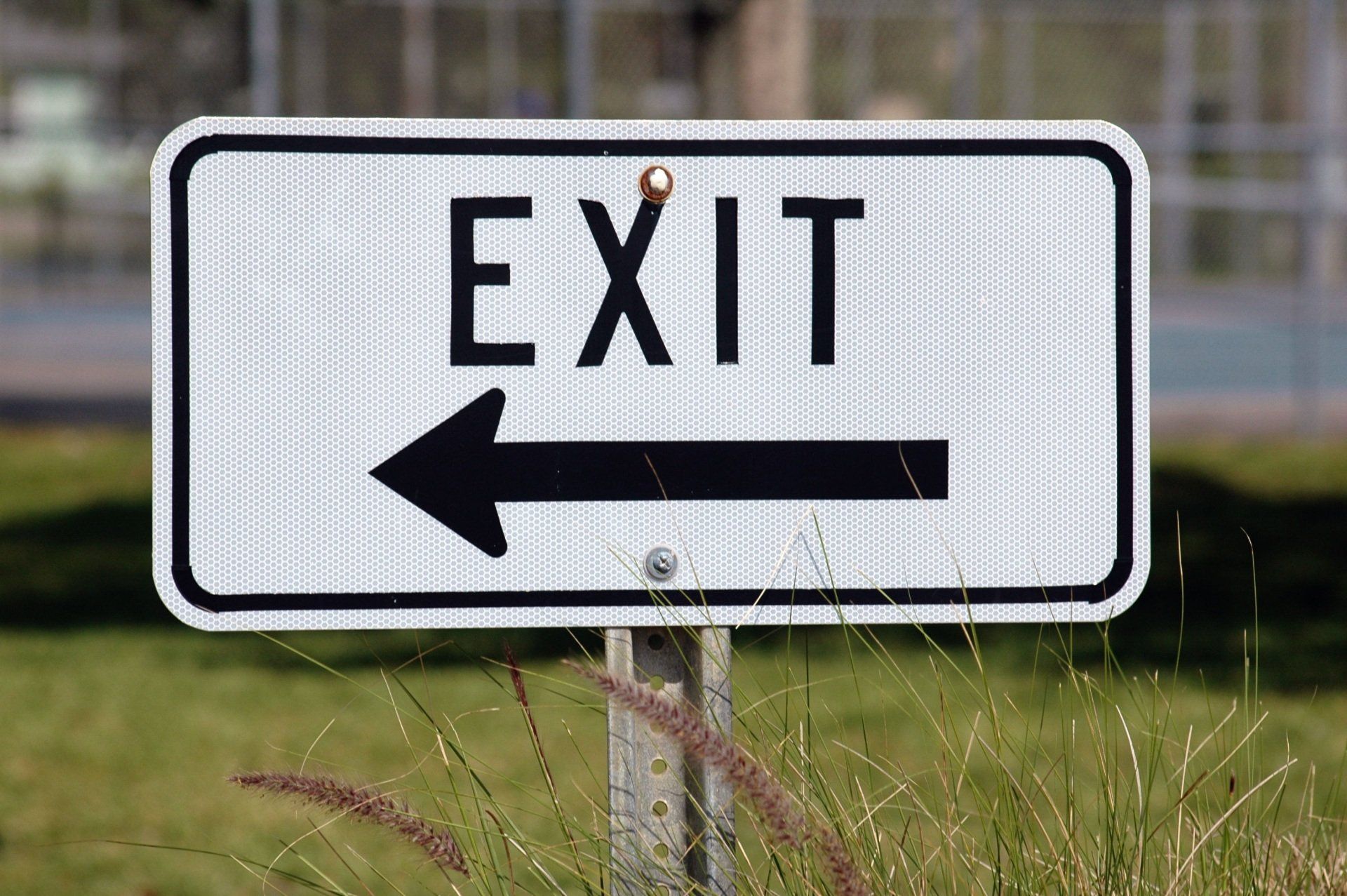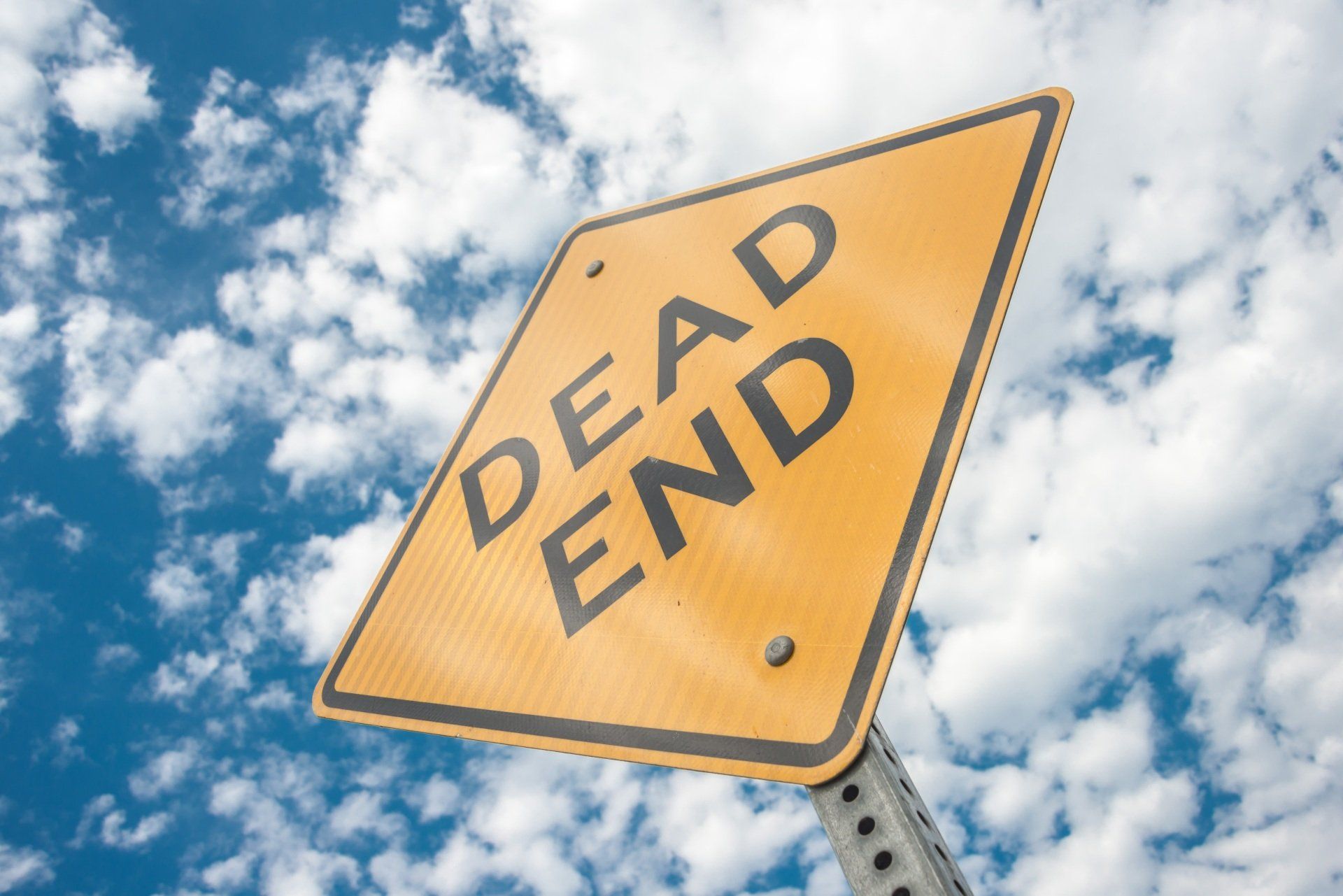Accountability
One of the most powerful tools in addiction recovery

Being accountable is one of the most powerful choices you can make to recover from addiction. Being accountable essentially means you report back on your behavior. Some kind of record is made of what you have done and not done. A person who is unaccountable has no motivation to stay clean other than just inner desire to do so. When accountability is done right, it adds a level of defense because after a while you will start to think before doing anything, “I need to be accountable for this” and that thought can help you stay strong in a moment of weakness.
Imagine for a moment that each of your actions, words, and thoughts were all on public display in real-time. How might this impact your behavior?
Short of an extreme “Truman Show” type of experiment, this level of accountability is not possible. For those who are religious, there is a common belief that God is aware of everything we do, say, and think. If you truly believe this, it should be be enough to keep you sober, right? Not quite. Our mortal minds are fragile and forgetful, and rely heavily on the five senses. So the thought of an Omniscient being, no matter how strong our faith is in said Being, does not hold our attention for very long.
Now imagine for a moment that another human being who you know well will learn of all of your actions, words, and thoughts, shortly after the behaviors take place. How might this influence your behaviors?
There is no perfect system for holding yourself accountable, but as long as the basic principles of openness, honestly, and transparency are applied, you’ll be well on your way. Practice and discipline are required to achieve effective accountability.
It is very helpful to have multiple accountability partners and develop a habit of reaching out to them several times a day. Whether you’re feeling weak or strong, reach out and check in with your accountability partners daily to build a habit. If you develop a routine of contacting your accountability partners regularly, you will be significantly more likely to reach out when you need it the most–during a time of weakness or temptation–when they can support you. So get in the habit of calling, texting, meeting for lunch, emailing, whatever contact you can get. Each check-in does not need to be overly complicated. Keep it simple! If you’re doing well: “today I am feeling strong.” If you’re struggling: “today I am feeling really tempted” or “I’m going to be alone this afternoon, and I’m worried about what I might do” or “I relapsed a few minutes ago, here is my plan to get back on track.”
Carefully choosing accountability partners is crucial. It is very important that you find individuals in whom you feel you can confide without judgement. There are likely well-meaning people in your life who just do not understand addiction and could very well make the situation worse if you turn to them with your struggles. This is why it is best to find people in a similar situation as you. Your best bet is to attend 12 Step Recovery groups and meet people there. Most groups have some time to socialize before or after each meeting, and even plan fun get-togethers and outings to build relationships. Attend meetings, introduce yourself, exchange contact info, ask if it’s okay to check-in occasionally and offer the same, build relationships.
As an added source of accountability, please feel free to leave comments below and share your victories, your struggles, your fears, whatever you want to share. Please refrain from sharing graphic descriptions, as these may be triggering to other readers.
Ready to work with Moral Support Coach?
Let's connect! We’re here to help.
Send us a message and we’ll be in touch.
Or give us a call today at 714-809-9349





